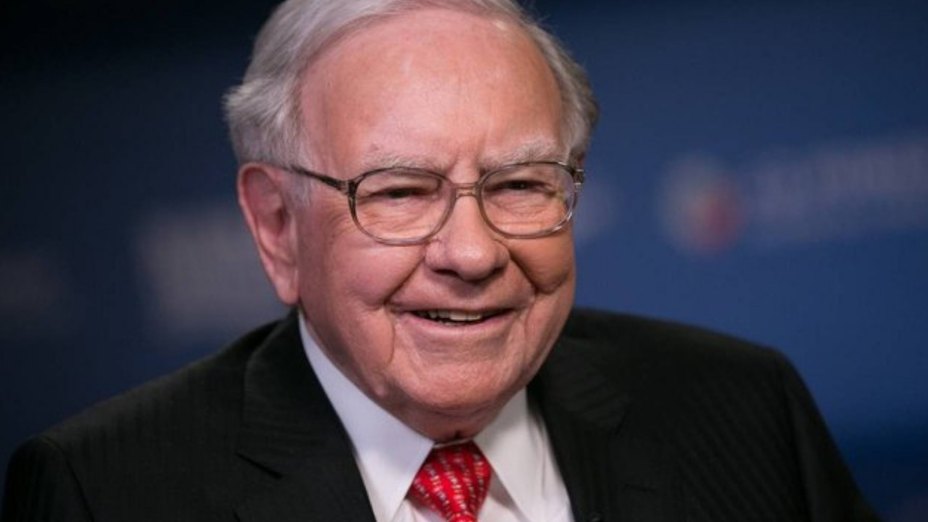
Warren Buffett isn’t just one of the most successful investors in history—he’s a master of clarity, discipline, and long-term thinking. His approach to investing is refreshingly simple, yet profoundly effective. While markets fluctuate and trends come and go, Buffett’s principles remain steady, offering a compass for anyone seeking sustainable financial growth.
Invest in What You Understand
Buffett’s first rule is deceptively simple: never invest in a business you don’t understand. He calls this staying within your “circle of competence.” This principle has kept him out of industries he couldn’t confidently evaluate, even when they were booming—like early tech stocks. Instead, he focuses on companies with clear business models, predictable cash flows, and products or services he can explain in plain language.
For individual investors, this means resisting the urge to follow hype or chase complexity. If you can’t describe how a company makes money and why it will continue to do so, it’s probably not a good fit for your portfolio.
Focus on Value, Not Price
Buffett is a value investor at heart. He doesn’t buy stocks because they’re popular or rising—he buys them because they’re undervalued relative to their intrinsic worth. He often compares price to value, reminding investors that price is what you pay, but value is what you get.
To determine value, Buffett looks at fundamentals like earnings, return on equity, and future cash flows. He’s not interested in short-term market movements but in long-term business performance. This principle encourages patience and a deeper understanding of financial metrics, rather than reacting to market noise.
Think Long-Term
Buffett’s favorite holding period is “forever.” He buys businesses with durable competitive advantages—what he calls “economic moats”—and holds them for decades. This long-term mindset allows him to benefit from compounding returns and avoid the pitfalls of frequent trading.
For investors, this means choosing companies you believe in and sticking with them through market ups and downs. It’s not about timing the market, but about time in the market. Buffett’s success is proof that consistency and patience often outperform speed and speculation.
Practice Financial Discipline
Despite his immense wealth, Buffett is famously frugal. He avoids unnecessary debt, maintains a strong cash reserve, and only invests when the opportunity is right. This discipline extends to his personal life—he still lives in the same house he bought in 1958 and drives modest cars.
Financial discipline is a cornerstone of Buffett’s philosophy. It’s about living below your means, saving consistently, and being prepared to act when opportunity knocks. For investors, this means building a margin of safety into your financial life and avoiding emotional decisions driven by greed or fear.
Invest in Great Management
Buffett doesn’t just invest in companies—he invests in people. He looks for businesses run by managers who are honest, capable, and shareholder-oriented. Same as his principles, he values leaders who make smart capital allocation decisions and who treat shareholders like partners.
This principle reminds investors that leadership matters. A great product or service can be undermined by poor management, while a well-run company can thrive even in challenging conditions. When evaluating investments, consider not just the business model but the people behind it.
Stay Rational in a Volatile Market
Buffett’s temperament is one of his greatest strengths. He remains calm when others panic and skeptical when others get greedy. His famous advice—“Be fearful when others are greedy, and greedy when others are fearful”—captures his contrarian mindset.
Market volatility is inevitable, but emotional reactions are optional. Buffett sees downturns as opportunities to buy great businesses at discounted prices. By staying rational and grounded in fundamentals, investors can avoid costly mistakes and take advantage of market inefficiencies.
Commit to Lifelong Learning
Buffett reads for hours every day. His success is built on a foundation of curiosity and continuous learning. He studies annual reports, economic trends, and business history—not to chase the latest fad, but to deepen his understanding of the world.
Investing is a craft, and like any craft, it improves with study and reflection. Buffett’s principles encourages investors to stay informed, ask questions, and never stop learning. Whether you’re reading financial statements or biographies of great business leaders, every bit of knowledge adds to your edge.
Final Thoughts
Warren Buffett’s principles aren’t about complexity or speed—they’re about clarity, patience, and discipline. In a world full of noise, his approach is a reminder that investing is a long-term journey, not a short-term game. By focusing on value, understanding what you invest in, and staying rational, you can build a portfolio that grows steadily over time.
